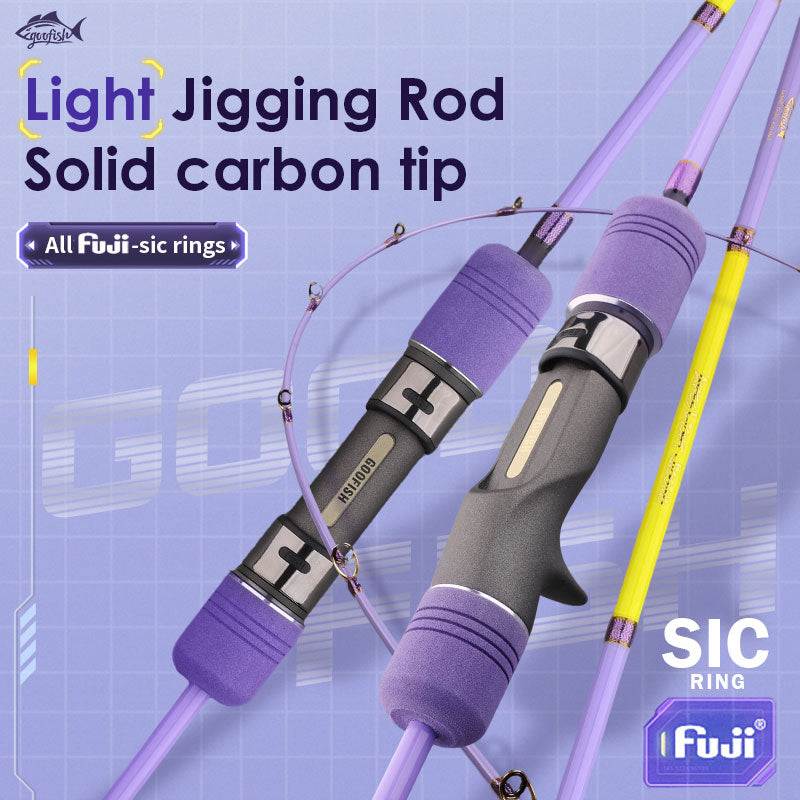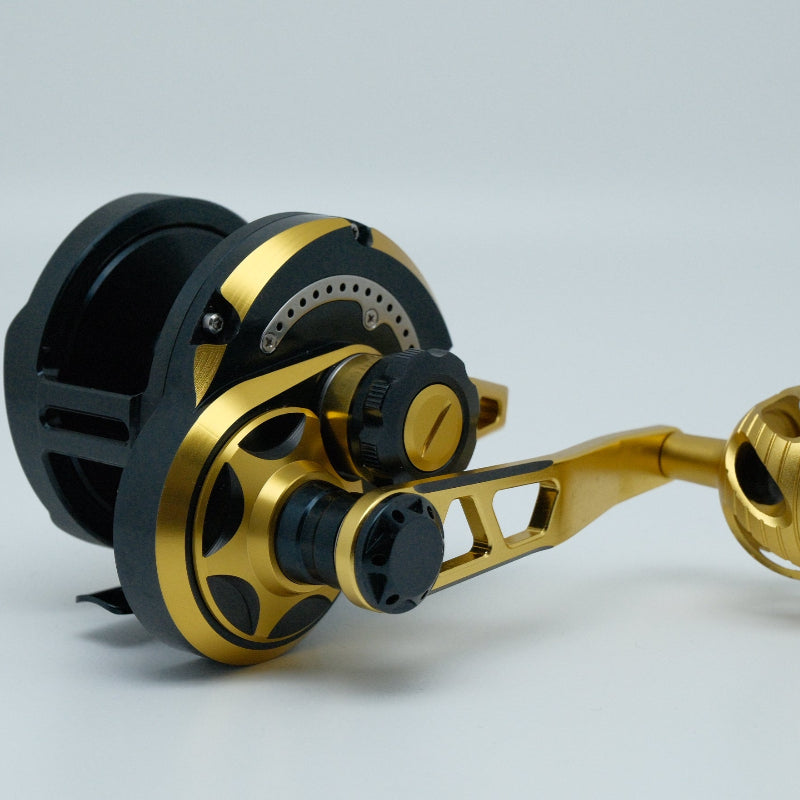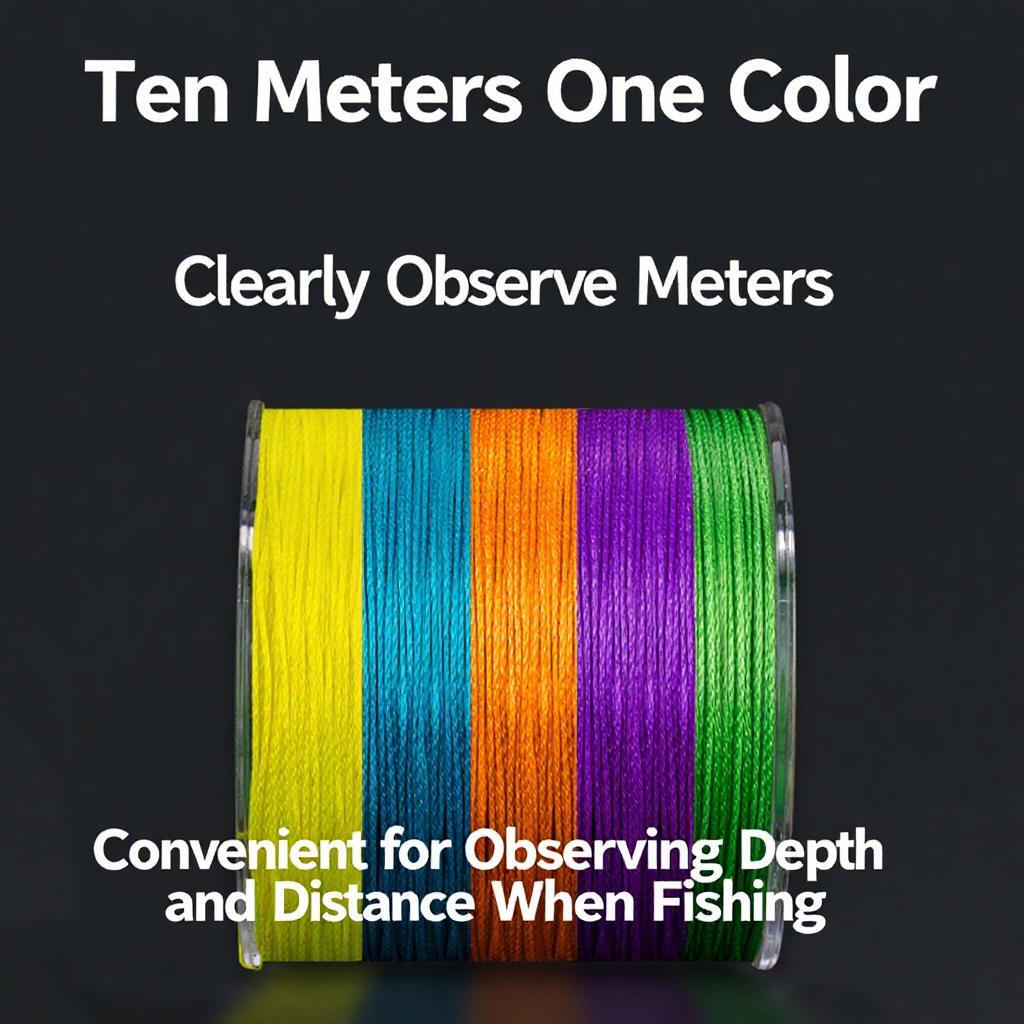Choosing the Perfect Material for Your Fishing Rod Handle
When it comes to selecting the perfect material for your fishing rod handle, there are several factors to consider. The handle of your fishing rod plays a crucial role in providing comfort, grip, and control while out on the water. Let's explore the different materials available and their unique characteristics to help you make an informed decision.
What are the most common materials used for fishing rod handles?
The most common materials used for fishing rod handles are cork, EVA foam, and Hypalon. Cork handles are known for their lightweight and comfortable grip, making them a popular choice among anglers. EVA foam handles are durable, easy to clean, and provide a soft grip. Hypalon handles are resistant to chemicals and UV rays, making them ideal for saltwater fishing.
How does the material affect the performance of the fishing rod handle?
The material of the fishing rod handle can significantly impact its performance. Cork handles are sensitive to vibrations, allowing anglers to feel even the slightest bites. EVA foam handles provide a cushioned grip, reducing fatigue during long fishing sessions. Hypalon handles offer a firm grip, ensuring control and stability when reeling in a big catch.
What factors should you consider when choosing a fishing rod handle material?
When choosing a fishing rod handle material, consider factors such as the type of fishing you will be doing, the environment you will be fishing in, and your personal preferences. If you fish in saltwater, a Hypalon handle may be the best choice due to its durability. For freshwater fishing, cork or EVA foam handles may provide the comfort and sensitivity you need.
Ultimately, the ideal material for your fishing rod handle will depend on your individual needs and preferences. Consider the characteristics of each material and choose the one that best suits your fishing style and environment. With the right handle material, you can enhance your fishing experience and enjoy greater success on the water.











Leave a comment